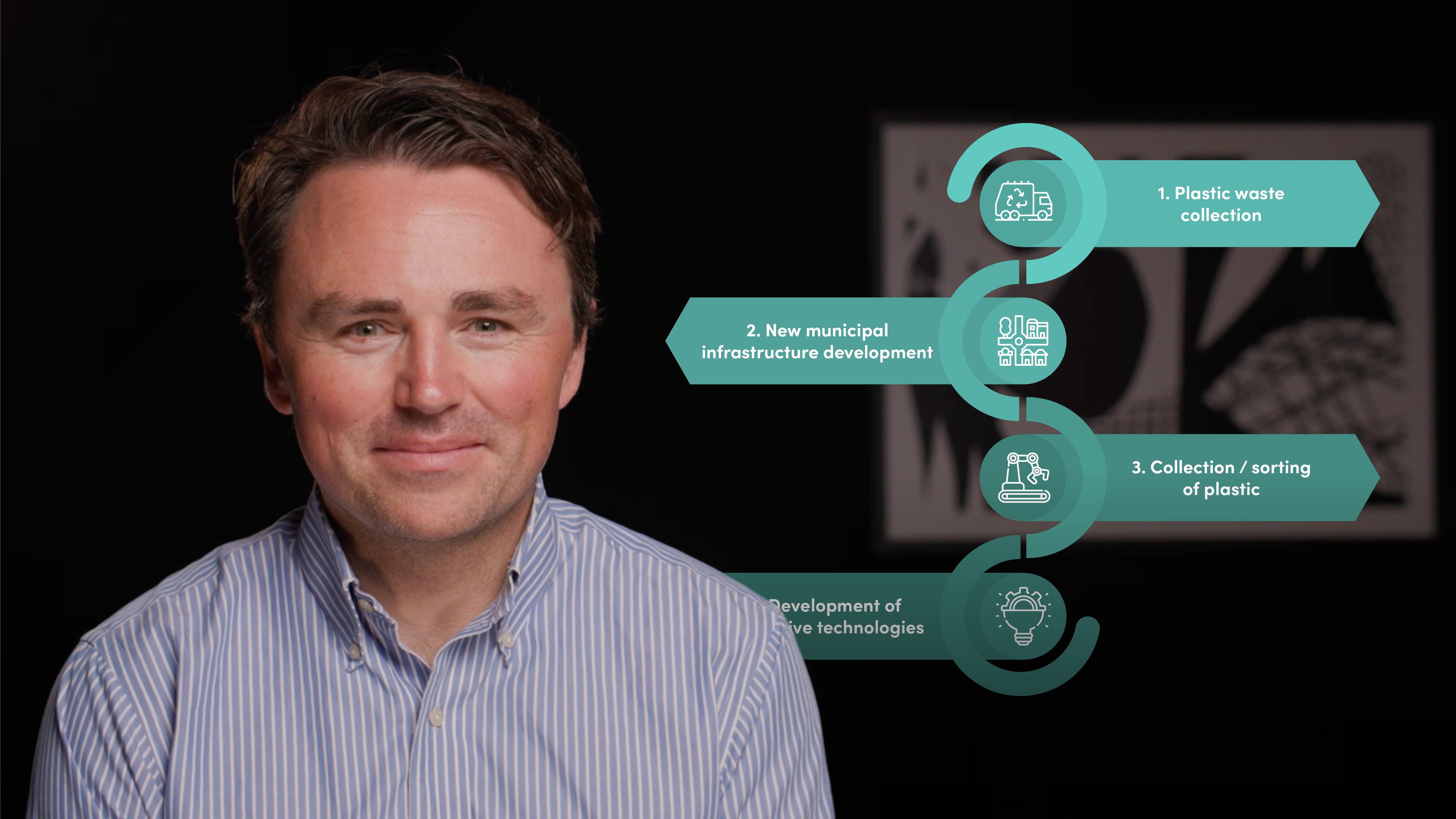
Introduction to Plastic Credits

Vincent Kneefel
15 years: Ocean conservationist
You’ve heard of carbon credits – now prepare yourself for plastic credits. Join Vincent Kneefel as he walks us through what plastic credits are, how they work, their impact and lastly a real-world case study.

You’ve heard of carbon credits – now prepare yourself for plastic credits. Join Vincent Kneefel as he walks us through what plastic credits are, how they work, their impact and lastly a real-world case study.
Subscribe to watch
Access this and all of the content on our platform by signing up for a 7-day free trial.

Introduction to Plastic Credits
9 mins 41 secs
Key learning objectives:
Define plastic credits
Understand how plastic credits work
Outline the potential impact of plastic credits
Overview:
Plastic credits are quantifiable, verifiable, and transferable units that indicate a certain amount of plastic has been collected or recovered from the environment. The aim is to incentivise the removal of plastic from the environment, as well as its recycling into new products and packaging. A plastic credit program could encompass activities such as: plastic waste collection, new municipal infrastructure development, collection and sorting of recyclable plastic waste, and the development and/or scaling up of innovative recycling technologies. In order to be accredited by a plastic credit standard however, projects must go through the following rigorous examination process, starting with adoption of a standard, independent auditing, accounting methodology and transparency and accountability.
Subscribe to watch
Access this and all of the content on our platform by signing up for a 7-day free trial.
What are plastic credits?
Plastic credits are a system for incentivising the removal of plastic from the environment, as well as its recycling into new products and packaging. Plastic credits are quantifiable, verifiable, and transferable units that indicate a certain amount of plastic has been collected or recovered from the environment.
Companies can purchase plastic credits to invest in regional collection and recycling infrastructure and support livelihoods at the same time. Purchasing verified plastic credits enables companies to reduce their plastic waste leakage to the environment.
How do plastic credits work?
Credits are issued based on how much plastic is collected and recycled over baseline rates; this must be supplemented by what would have happened if the initiative had not taken place. A plastic credit program could encompass a wide range of activities, such as plastic waste collection, new municipal infrastructure development, collection and sorting of recyclable plastic waste, and the development and/or scaling up of innovative recycling technologies.
In order to be accredited by a plastic credit standard however, projects must go through the following rigorous examination process:
1. Adoption of a standard
A standard lays out the rules and regulations that must be followed by all projects in order to be certified.
2. Independent auditing
To guarantee that standards are followed and techniques appropriately applied, all plastic program projects are subjected to desk and field audits by qualified independent third parties.
3. Accounting methodology
Projects are evaluated utilising a plastic waste collection or recycling quantification approach, one that is appropriate for that unique project type.
4. Transparency and accountability
A registry will track the generation, retirement, and cancellation of all plastic credits and will be the core repository of data on all registered projects in a way that is accessible to the public.
What are the impacts of plastic credits?
For the Aling Tindera program in the Philippines, the goal of the project is to incentivise local communities to engage in waste management. The project involves funding female micro-entrepreneurs who manage their own collection points where used plastic waste can be deposited in exchange for cash. The program facilitates the effective aggregation, storage and transport of waste to a processing facility.
The benefits of the project are multiple.
1. The socioeconomic benefit that women entrepreneurs have increased income opportunities in areas where they may not have many economic opportunities.
2. Cleaner environments help both the local community and their health.
3. The collection and sorting of plastic waste contributes to solving the global plastic crisis, ensuring harmful plastics do not end up in the environment.
Subscribe to watch
Access this and all of the content on our platform by signing up for a 7-day free trial.

Vincent Kneefel
There are no available Videos from "Vincent Kneefel"


























